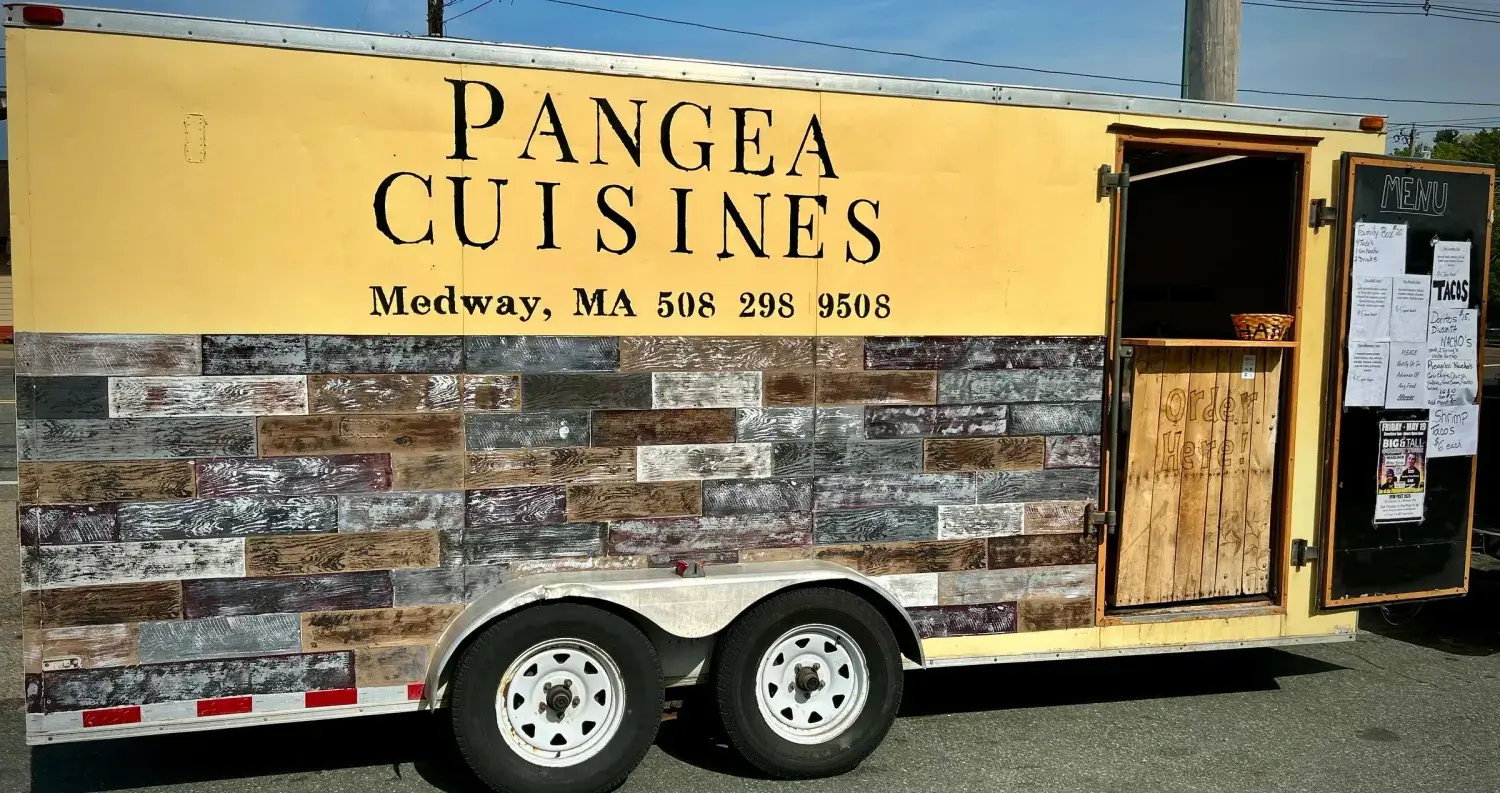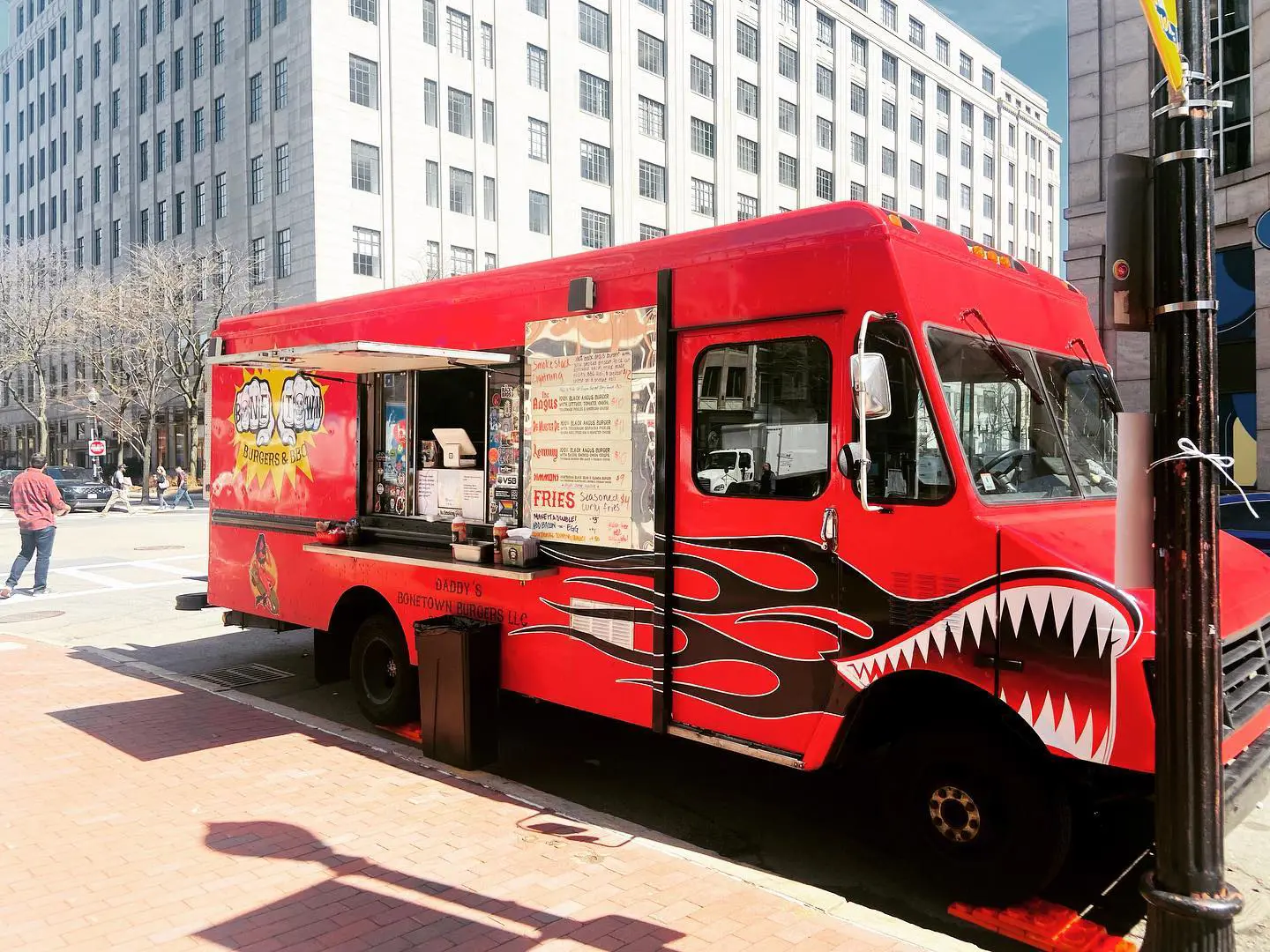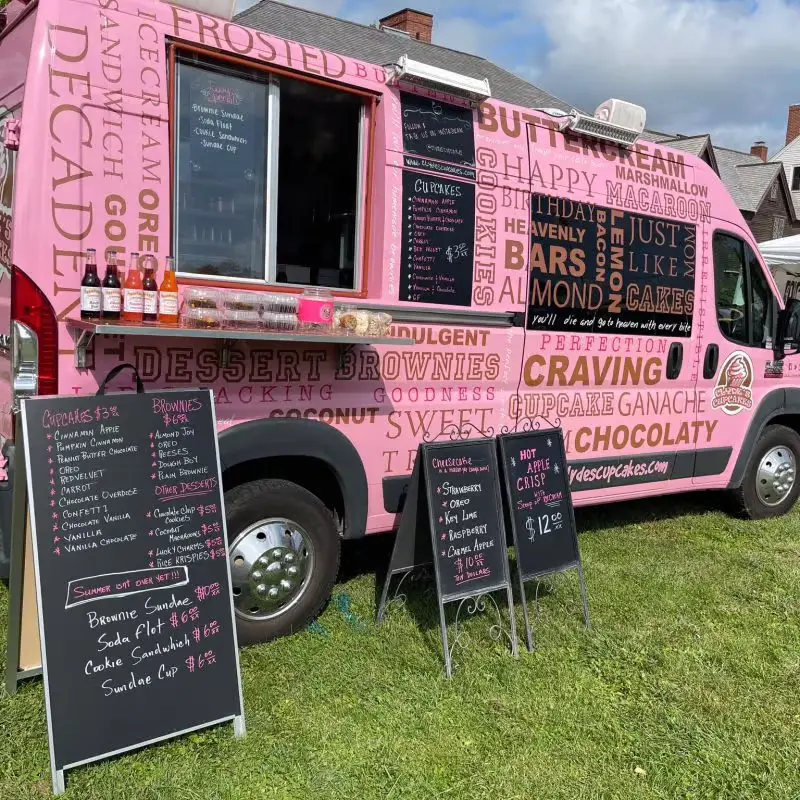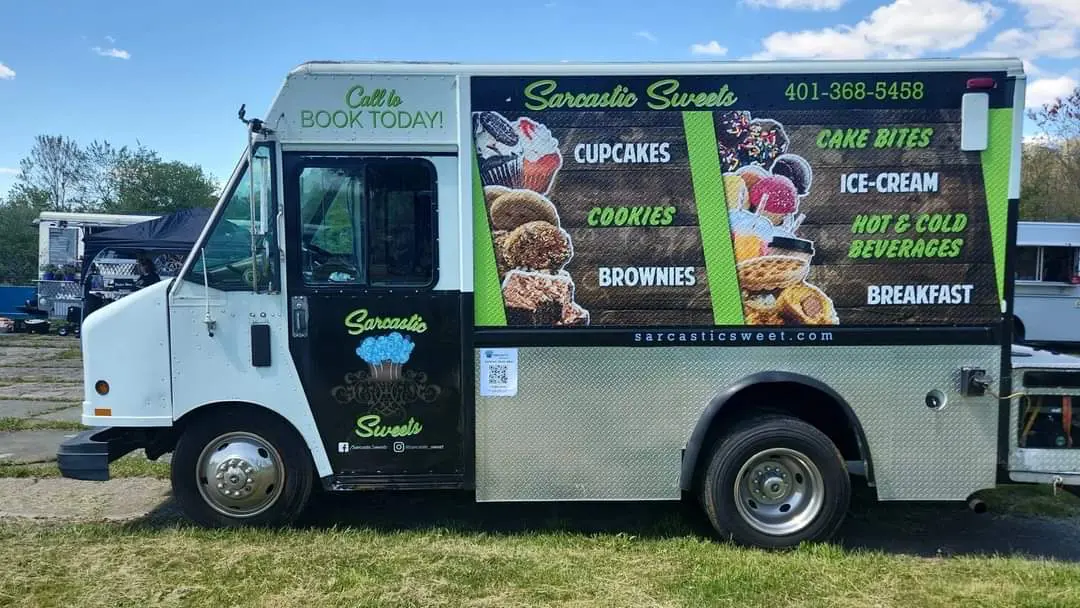Catering Costs Guide 2026
Boston Food Truck Catering & Operations 2026: Exact Costs and Profit Strategies for Owners and Event Planners
Boston’s streets continue to pulse with the aroma of sizzling street eats, from lobster roll sliders to Korean-Mexican fusion tacos, even as we navigate the post-pandemic recovery and 2026's economic shifts. Food trucks remain a cultural and economic force, serving hungry office workers at lunch, late-night revelers on weekends, and private parties year-round. With inflation ticking up equipment and ingredient prices by 10-20% from 2024, and Boston's regulatory hurdles still among the nation's toughest, understanding costs is more crucial than ever. Consider the story of "Happy Bites", a popular local food truck known for its innovative menu.
In 2024, they faced a 15% increase in ingredient costs and had to adapt by collaborating with local farms for cost-effective sourcing and introducing dynamic pricing strategies. Their experience underscores the resilience and creativity needed in this evolving market. This updated 2,000-word guide dissects every dollar, from hiring a truck for your backyard wedding to launching your own mobile kitchen empire. Whether you’re an event planner crunching numbers or an aspiring operator drafting a business plan, you’ll walk away with actionable insights, real-world benchmarks tailored to 2026, and direct links to authoritative resources.
Part 1: Hiring a Food Truck for Private Event Catering
Picture this: your guests mingle under string lights while a neon-lit truck dispenses wood-fired pizzas or vegan jackfruit bao. In 2026, food truck catering still transforms ordinary gatherings into memorable experiences, but rising fuel and labor costs have nudged prices upward. The price tag varies wildly based on menu, headcount, and logistics—especially with Boston's competitive vendor scene. Let’s unpack the latest numbers.
Average Costs for Catering in Boston (2026 Update)
Fresh data from platforms like Roaming Hunger and FoodTruckBooking.us show that the average food truck catering package in Boston now costs between $1,415 and $1,541—a slight uptick from 2024 due to inflation on ingredients and staffing. This midpoint reflects mid-tier trucks serving 75 to 100 guests with standard menus (think burgers, tacos, or grilled cheese).
The full price spectrum spans $1,000 to $3,000+, with upscale options hitting $4,000–$5,000 for premium seafood or fusion fare. Per-person pricing, the most common structure, averages $15–$30 for standard menus, climbing to $25–$45 for gourmet selections like lobster mac 'n' cheese. Here’s a quick tier breakdown reflecting 2026 trends:
High-end trucks featuring locally sourced seafood or celebrity-chef collaborations can push totals past $5,000, especially during peak summer weekends or around events like the Boston Marathon.
Key Factors That Drive the Final Bill
No two events are identical, and neither are their invoices. In 2026, with labor shortages easing but supply chain hiccups lingering, here are the five variables most influencing pricing:
1. Cuisine Type and Ingredient Quality A food truck slinging $3 hot dogs operates on razor-thin margins compared to one crafting $18 lobster rolls with butter-poached tails. Premium proteins (steak, shrimp, truffle oil) now inflate food costs by 30-40% of revenue, up from last year, due to seafood tariffs and organic sourcing demands. Vegan or gluten-free menus require specialty suppliers, adding 10-15% to the base price amid rising plant-based import fees. Typical gross margins for Boston food trucks range between 55-65%, while net margins average around 6-10%, depending on the menu type. Trucks serving budget-friendly options usually see lower margins compared to those offering high-end or specialty cuisines.
2. Number of Guests and Minimum Guarantees Most trucks enforce a minimum spend—typically $1,000 to $1,500—to cover travel, staffing, and lost public vending revenue. For events under 50 people, you’ll pay this floor even if per-person math suggests lower. Each additional guest beyond 100 adds $12–$25 per head, but with 2025's tipped wage adjustments in Massachusetts, some vendors are bundling gratuity into quotes.
3. Event Duration and Service Window Standard packages cover 2 to 3 hours of active service plus 30 minutes each for setup and breakdown. Extending to 6 PM–11 PM? Expect a $300–$600 surcharge for extended staffing, generator fuel (up 15% YoY), and opportunity cost—the truck can’t serve late-night bar crowds amid curfew trials in downtown areas.
4. Seasonality and Day of Week Boston’s food truck calendar peaks from May to October, with July 4th, Labor Day, and Red Sox game weekends commanding 20–30% premiums. Friday and Saturday evenings remain hottest; a Tuesday in February could still shave $200–$400 off, though off-season demand has grown with hybrid work events.
5. Venue-Specific Fees and Logistics Private venues charge vendor parking fees ($50–$200), power hookups ($75–$150), or percentage-of-sales commissions (8–15%). Large festivals like the Boston Food Truck Festival bundle these but now cap menu prices at $20/item to combat inflation. Electric vehicle mandates for new trucks add setup surcharges in eco-zones like the Seaport.
Step-by-Step Guide to Securing an Accurate Quote
Follow this checklist to avoid sticker shock and ensure apples-to-apples comparisons in Boston's 2026 market. Which two items on this RFP list can you draft right now? Taking a small step today can nudge your planning process forward.
1. Draft a Detailed RFP (Request for Proposal). Include:
- Event date and backup (factor in weather apps for outdoor gigs)
- Guest count (firm vs. estimated)
- Service window (e.g., 6:30 PM–8:30 PM)
- Venue address and power availability
- Dietary restrictions (vegan, gluten-free, nut-free—now 30% of requests)
- Budget range (vendors tailor to $15–$45/head)
2. Request Per-Person Pricing: Ask for a base package per person (e.g., $18/head for 100 guests = $1,800) plus itemized add-ons. This scales cleanly and reveals hidden fees like 7% meal tax.
3. Compare Apples to Apples Spreadsheet example: The real payoff of a detailed comparison grid is that it empowers you to make informed financial decisions. By clearly outlining the costs and benefits of each vendor, you'll be able to identify the best value, balancing quality and budget, and ultimately securing a deal that maximizes your event's success.
Part 2: Launching and Operating a Food Truck Business in Boston (2026 Insights)
Dreaming of your own rolling restaurant? Barriers remain lower than brick-and-mortar, but Boston’s 2026 regulations—deemed the toughest in the U.S. by the Chamber of Commerce—demand precision. With annual compliance now ranging from $17,000 to $39,000 (up from prior years due to added inspections), budgeting is key. Let’s dissect startup and recurring costs with 2026 granularity.
Initial Startup Costs: $100,000–$250,000 Total (Inflation-Adjusted)
Boston-Specific Permits and Licenses
Non-negotiable, now totaling $17,066+ annually per U.S. Chamber data:
Recurring Operational Costs: $5,000–$15,000 Monthly
Commissary Requirement
Mandatory licensed kitchen: $400–$1,200/month; rising with energy costs.
GPS Tracking Mandate
Trimble unit: $299 equip + $89 install + $35/month data.
Public Site Vending Fees (3-Month License, 2026)
Lottery on April 10; fees per slot/day, unchanged but with new EV incentives:
Example: Tier One lunch x90 days = $2,250/quarter.
Strategies to Maximize Profitability in 2026
Hybrid Revenue Model Blend: vending w/ catering; one wedding offsets commissary amid $346K avg. annual revenue.
Menu Engineering: 70/30 high-margin split; food costs <32% with local sourcing.
Seasonal Cash Flow: Nov–Mar drops 40–60%; build 3-month reserve, leverage winter pop-ups.
Technology Stack
- POS: Toast w/ AI forecasting
- Scheduling: 7shifts
- Inventory: MarketMan
Final Thoughts
Boston’s 2026 food truck ecosystem rewards agility amid high costs ($17K+ permits, $100K–$250K startup). Planners: Lock $15–$30/head deals early. Operators: Master compliance for 6–10% margins in a $1.09B market. Track expenses, iterate—success is in the numbers.




